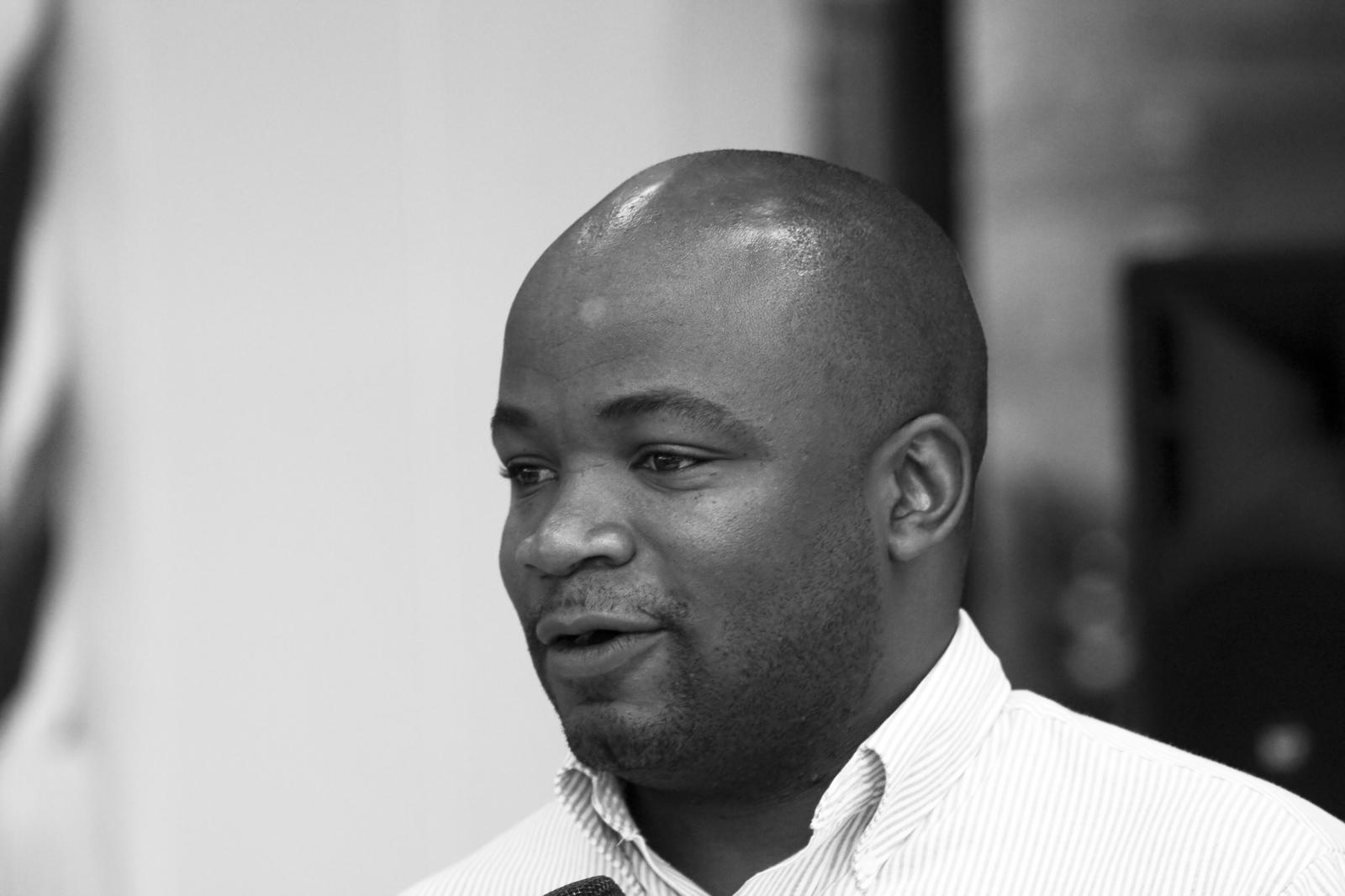Agosta Liko quit his job in America, grabbed his bags, and flew back home to implement an idea its time had come: Pesapal. And here is how he did it.
By Ben Oduor
Despite working for a reputable bank in the U.S, Agosta Liko’s mind was unsettled. With the radical technological developments in developed countries, Africa would soon be financially inclusive. And its citizens would want to transact far and wide with utmost convenience. He pondered.
His thinking at the time, however, would’ve been contradicted by many, most of whom couldn’t envision any developing country from the continent being a technology and innovation hub. But in 2007, Kenya did, pioneering Mpesa, a mobile-phone based money transfer service which was the first of its kind.
Intriguingly, even with these developments, Liko was still restless.
“Avid adventurers would want to tour Africa either for conference, wildlife, academic or health tourism. And they would want to make payments in advance to get such services,” he thought.
“It was obvious they would be looking for a platform to transact with either the hotels offering accommodation, organizations offering their preferred services or places they intended to visit. This was the opportune moment to be at their service.”
He resigned from his job- systems engineer at the First Citizens Bank of South Carolina, packed his bags and came back home.
In the East African country, he got a rousing reception. Equity Bank Kenya, which currently has largest customer base in the region, was starting to embrace fintech. Mobile network operator, Safaricom and allied players were expanding their roots across the region and Small and Medium Enterprises (SMEs) were getting upbeat in the market. He fit in these shoes, founding Pesapal, an online payment platform in 2008.
To remedy himself from the common financial challenges faced by startups in raising seed capital, Liko developed computer software for clients as he channelled part of the proceeds to his business.
He also approached an angel investor, who, despite his reluctance to disclose amount contributed, massively jumpstarted his business.
“To get work done efficiently, I brought on board competent staff that were able to visualize and work for the success of the business. With such a caliber, our services would attract many referrals,” Liko recalls.
His company would get its huge break months later when it bagged a contract with Concours d’Elegance, a 5-century old French founded international competition for motor vehicles and bikes, for its events in Nairobi.
From a small shop in Kenya, Pesapal has grown its tentacles to Malawi, Rwanda, Tanzania, Uganda, Zambia and Zimbabwe. It now serves more than 500 hotels, including region’s notables like Serena, Sarova, Uganda’s Speke, Enashipai and Imperial Group of Hotels, among others.
Its staff base has also increased from two at inception to more than 100 across the continent, with adjustments made on the platform to offer more convenient online payment services.
To make online payments, users create personal accounts by keying in their details and securing them with individual passwords. They then make orders/ purchase by selecting the countries the orders are intended, including the organizations/companies offering them.
Upon purchasing service(s)/ product(s), users receive a receipt for all transactions made, and are accessible to an e-wallet which allows one to make secure payments. They have a range of options to transact on, including buying airtime, paying bills and purchasing goods or services online, which can be transacted from businesses registered with the platform.
In 2013, for instance, mobile service provider Telkom Kenya signed a deal with Pesapal that would see its subscribers easily purchase airtime from the platform, increasing their accessibility to credit which were earlier on available only in Orange shops and accredited retails.
“The service aims to grow our airtime distribution by leveraging on existing e-commerce platforms,” Mickael Ghossein, then Telkom Kenya’s executive officer, said of the deal that saw Pesapal benefit from a commission ranging from 3.5 per cent to 2.7 per cent of the volume of transactions made.
However, for businesses to be eligible to transact on the platform, they have to create business accounts by filling in their details and providing legal documentation, upon which they can receive popular electronic payment methods under one contract either through mobile money, Visa, Mastercard or American Express.
Wamuyu Kiragu, the Communications Manager at Pesapal says the company currently has a merchant portfolio of over 22,000 businesses who transact on their platform.
“We are continually looking to improve as we understand their needs so we can provide effective payment solutions,” she says.
In 2011, the company plunged into yet another huge frontier, online ticketing, with the invention ticketsasa.com, which enables events enthusiasts buy tickets in advance to attend popular events.
Ticketsasa.com not only enables people to purchase tickets for events, but also holiday excursions or book flights online or on mobile phones.
Among the popular events served include Story Moja and Koroga festivals, family comic show Churchill Live, Art of Jazz, Blankets & Wine among other musical and sport events.
Liko believes the growth of the company has been catalyzed by a desire to bridge the societal challenges and needs with befitting services.
“The continent will soon displace cards for cash. Most payments will be digital and we’ll always be at the disposal of users during the sporadic changes,” he says.
“This is the reason we’re going into many countries- with varied economies and systems- targeting their growing population.”
He, however, urges successful African entrepreneurs and governments to support innovations, saying the continent has too much potential for growth.
Many of Africa’s brilliant ideas, he regrets, die because of lack of good funding to commercial levels, an issue he believes can enable the continent industrialise fast if addressed properly.
“We’re looking to a future where we’ll need to have more innovators to drive our continent, and we’ll achieve this if we fund our ideas.”
“As for Pesapal, we’re consistently looking for new opportunities for growth,” says Liko, father-of-two.

